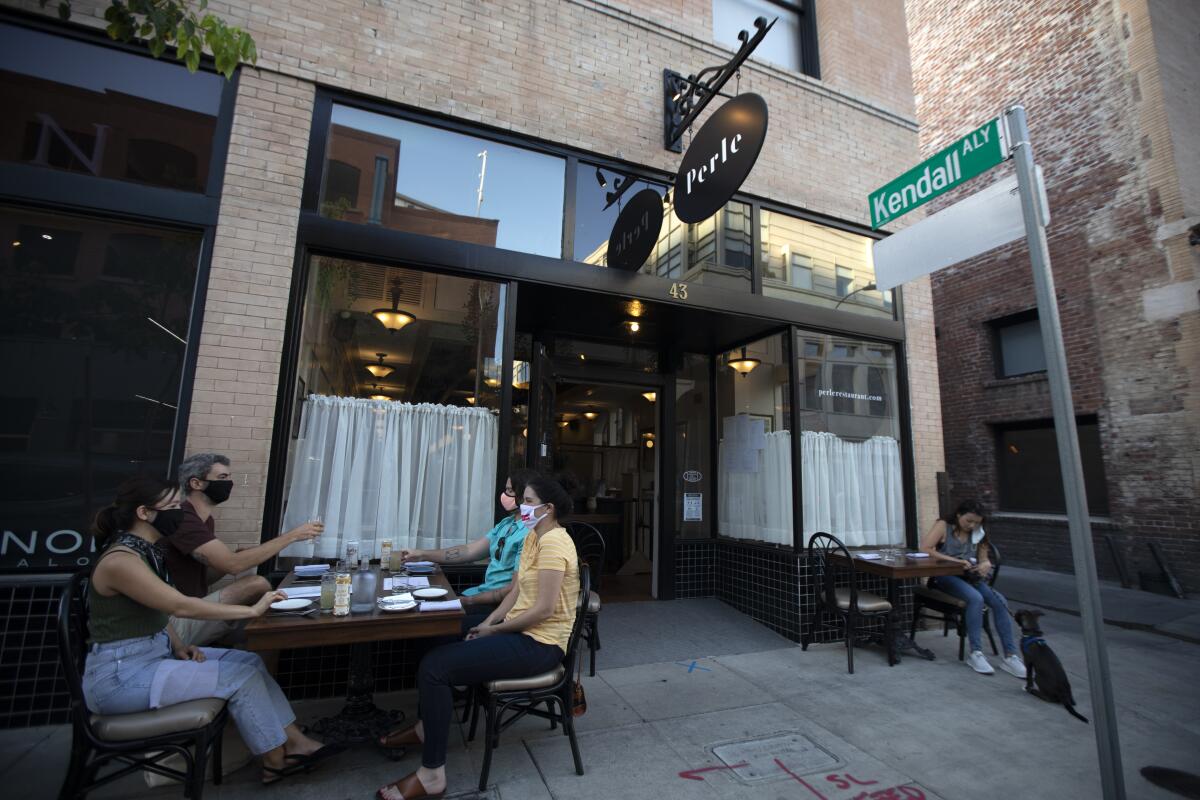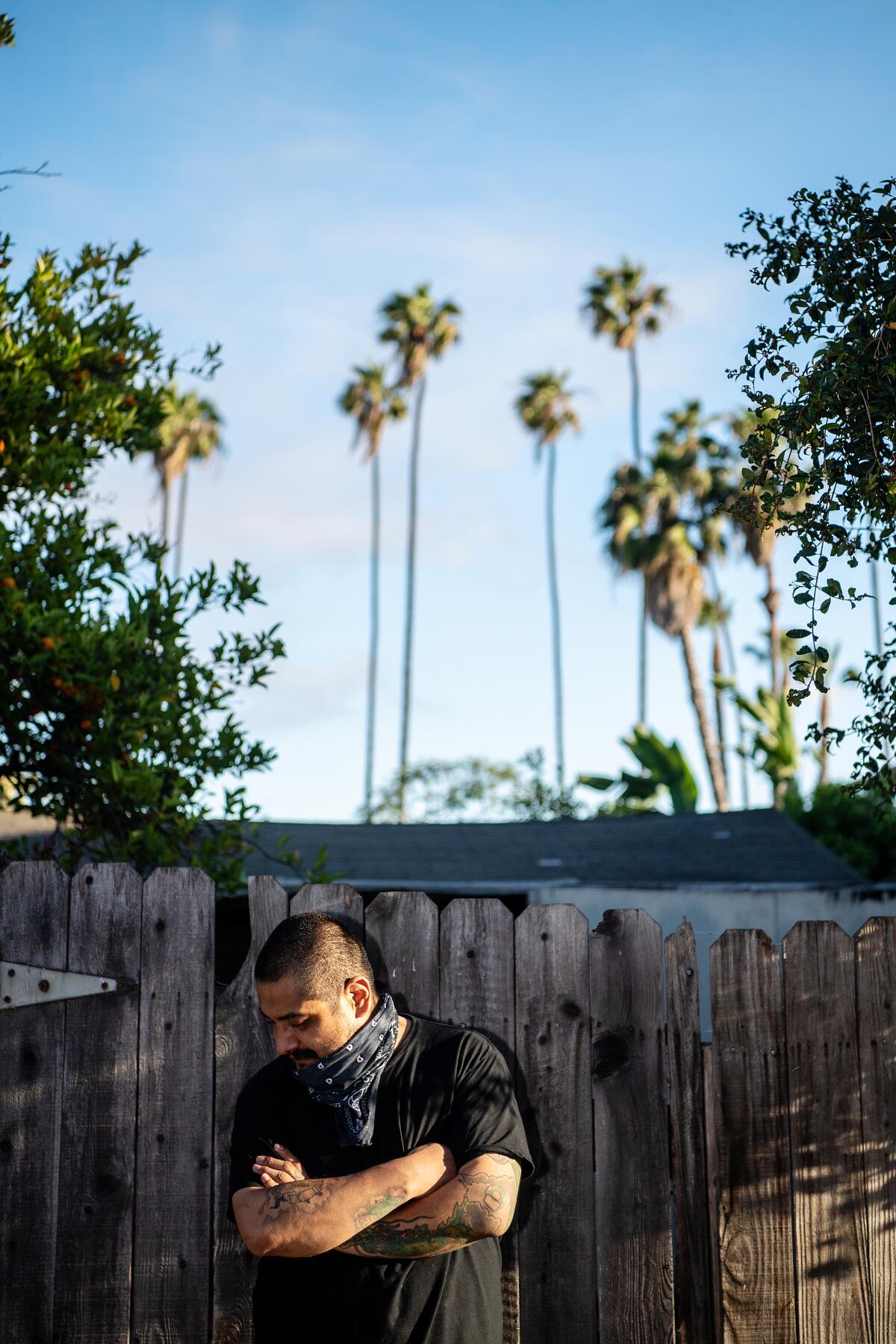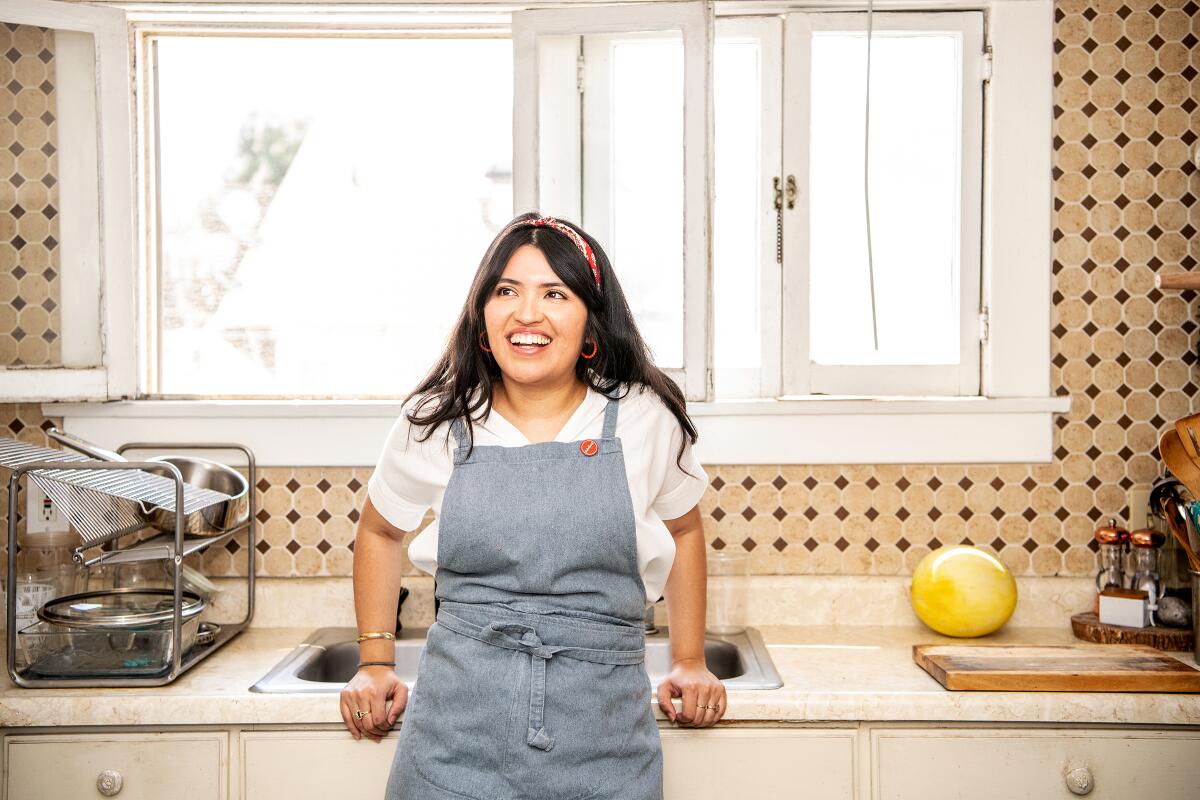Why restaurant critics canât ignore the pandemic

âWhat a lot of noise!â a reader named John M. wrote concerning my recent call for more food journalism oriented toward the stories of restaurant workers.
âFood critics can continue to be distracted by all the noise enumerated in your article simply because restaurants are shut down and they feel an obligation to write something, anything to show they are relevant and politically correct right now,â he wrote in a short email.
Ultimately, John argues, restaurant critics have one job: âPut fork or spoon or chopsticks to food. Take it to your mouth and swallow. You write about what youâve tasted.â
Eat your way across L.A.
Get our weekly Tasting Notes newsletter for reviews, news and more.
You may occasionally receive promotional content from the Los Angeles Times.
Of the myriad approaches to modern restaurant criticism, the swallow-and-write method that John endorses is the one I find least interesting.
In March, even before the pandemic began to close in on landmark L.A. restaurants, the catastrophic economic effect of a protracted shutdown already felt inevitable. It became clear that writing about restaurants meant we would be writing about embattled business owners waiting for the hiss of an order ticket machine, or documenting the scene as one of L.A.âs hippest brunch parlors emptied its pantry during the kind of surreal fire sale that played out in dining rooms across the country.

To write about food without adding context strips it of meaning, and sidesteps complicated and interesting conversations about who gets left behind when the restaurant economy fails, why large chains were first in line for PPP loans, and whether itâs ethical to eat out at all.
It would be irresponsible to write about shark fin soup without making a strong case for why it tastes of extinction, and itâs insufficient to write about restaurants now without considering the ways they have been shaped, and sometimes felled, by the pandemic.
What do you think? Email me at [email protected].
Enjoying this newsletter? Consider subscribing to the Los Angeles Times
Your support helps us deliver the news that matters most. Become a subscriber.
A different kind of Food Bowl
The Los Angeles Times Food Bowl will celebrate 2020 Restaurant of the Year award winner Orsa & Winston and its chef, Josef Centeno, with a special virtual dining experience at 6:30 p.m. on Sept. 26. The ticket price, $175 per person, includes a three-course meal prepared by the restaurant â which can be picked up the day of the event. In addition, participants can tune in to a conversation with Centeno and L.A. Times food writer Jenn Harris. Tickets can be purchased at Eventbrite.
Have a question for the critics?
Our stories
â Miss the L.A. County Fair? Genevieve Ko has a foolproof recipe for homemade funnel cake.
â Even if youâre stuck inside, you can still make Ben Mimsâ slow-roasted pork shoulder and boozy agua fresca recipes.
â I profiled Karla Vasquez of SalviSoul, who is writing a one-of-a-kind Salvadoran cookbook. Now to see if she can find a book agent willing to fight for her vision.
â Garrett Snyder reports on this weekâs openings and closings, including the impending closure of the legendary Beverly Soon Tofu in Koreatown.
â Finally, if you need an uplifting read, check out Nita Lelyveldâs profile of one Woodlands Hill woman championing local businesses.

Eat your way across L.A.
Get our weekly Tasting Notes newsletter for reviews, news and more.
You may occasionally receive promotional content from the Los Angeles Times.



